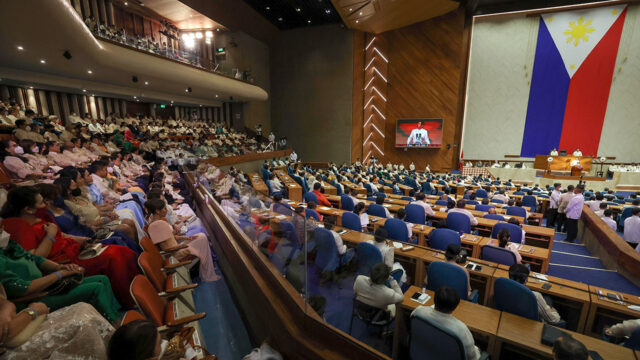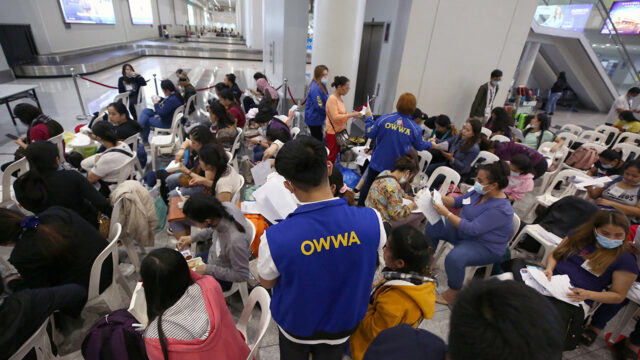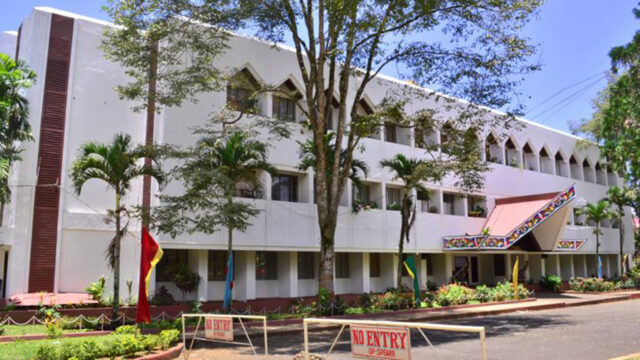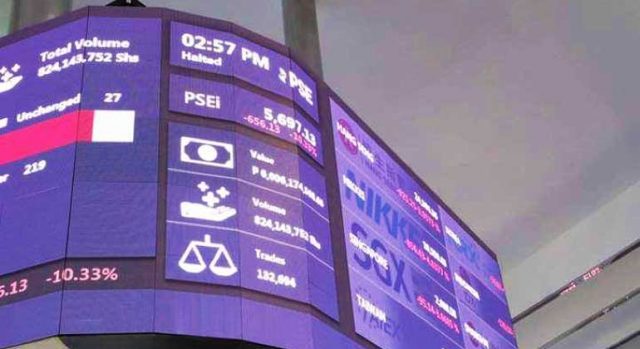Lawmakers accuse China of ‘blatant display of aggression’ after water cannon incident
THREE PHILIPPINE congressmen on Wednesday scored China for its “blatant display of aggression” when it fired water cannons at Philippine ships on a resupply mission at Second Thomas Shoal at the weekend.
They said China’s recent actions against Philippine boats pose a serious threat to regional peace and stability.
“The use of water cannons and dangerous maneuvers by Chinese agents against Philippine fisheries bureau vessels delivering essential supplies to Filipino fishermen in Scarborough Shoal and to resupply missions for Filipino troops stationed at the corrugated warship in the Second Thomas Shoal is a blatant display of aggression,” the lawmakers said in House Resolution 1527.
The lawmakers — Party-list Reps. France L. Castro, Arlene D. Brosas and Raoul Danniel A. Manuel — want the House foreign affairs committee to investigate the incident.
The government of Philippine President Ferdinand R. Marcos, Jr. has filed 130 diplomatic protests against China, the Department of Foreign Affairs (DFA) said on Tuesday.
Foreign Affairs spokesperson Ma. Teresita C. Daza said 63 of these protests were filed this year, including one at the weekend after Chinese Coast Guard and militia ships fired water cannons at Philippine boats on a resupply mission at Second Thomas Shoal.
The Philippines on Monday accused China of “serious escalation” after it sprayed water on three Philippine vessels and ramming one that carried military chief Romeo S. Brawner, Jr.
It later summoned China’s ambassador in Manila over his country’s “aggressive” actions in the disputed waterway.
China on Monday said it had lodged “solemn representations” and a strong protest over the Philippines’ accusations over the incident.
Philippine vessels had ignored the Chinese Coast Guard’s warnings and rushed into waters near Second Thomas Shoal, Chinese Foreign Ministry spokesperson Mao Ning told a news briefing.
China urged the Philippines to halt its “maritime violations and provocations” and “groundless attacks and smears.”
The congressmen cited another incident at the weekend when China’s coast guard fired water cannons at Philippine Fisheries bureau ships near Scarborough Shoal.
China has ignored a 2016 ruling by a United Nations-backed arbitration court that voided its claim to more than 80% of the South China Sea based on a 1940s map.
The House of Representatives on Tuesday approved on final reading a bill that sets Philippine archipelagic sea and air routes where foreign vessels and aircraft may pass through without obstruction. — Beatriz Marie D. Cruz












